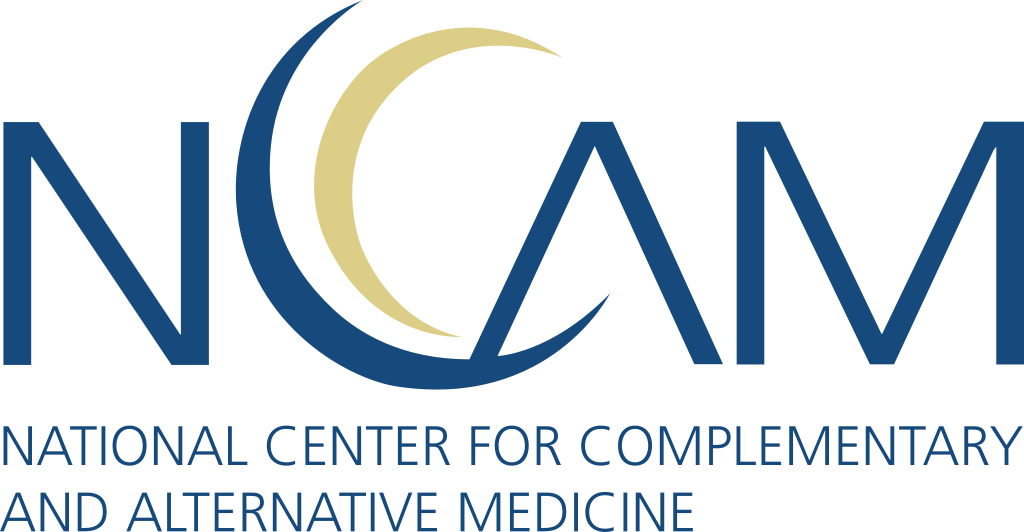
Psychiatry-Bashing
Psychiatry is arguably the least science-based of the medical specialties. Because of that, it comes in for a lot of criticism. Some of the criticism is justified, but too many critics make the mistake of dismissing even the possibility that psychiatry could be scientific, throwing the baby out with the bathwater.
Historic College of Pharmacy to Honor Homeopathy Leader
I am a graduate of the institution known formerly as the Philadelphia College of Pharmacy and Science (PCP&S) – the first college of pharmacy in North America, established in 1821. The college, now called University of the Sciences in Philadelphia, counts among its alumni John Wyeth, Silas M. Burroughs, Sir Henry Wellcome, several members of the Eli Lilly and McNeil families, and...
Yes We Can! We Can Abolish the NCCAM!
…and in so doing, President Obama, you and we would abolish the NIH’s second most prodigious squanderer of precious research funds! Surprise: The National Cancer Institute (NCI) spends slightly more on humbug than does the Center created for that purpose. All told, the NIH squanders almost 1/3 of a billion dollars per year promoting pseudoscience. I’ve decided to add my two cents to the recent groundswell of demand...
More on the Bravewell issue
Being on the West Coast places me (and Harriet?) at disadvantage in responding to recent developments, as I find out about them later in the day, if that day. (Retirement doesn’t help.) First I had some comments on the WSJ article on “CAM,” the NCCAM by Steve Salerno and the response by the pseudoscince leadership. The 4-author response revealed political tactics used...
President Obama – Defund the NCCAM
As part of President Obama’s new approach to politics, with the promise of making it more transparent, his transition team solicited ideas from the public at change.gov. On this site anyone could post an idea and everyone could vote proposals up or down. Apparently the most popular ideas will be given some consideration. It’s an interesting blend of democracy and representative government....
What will January 20th do for science-based medicine?
Make no little plans; they have no power to stir men’s blood. —Daniel Burnham Politics is deadly to science-based medicine, and while I don’t often go for politics, the last eight years have seen subtle and not-so subtle predations on the practice of medicine. Will the new administration be able to promote the kind of change we need? Let’s review some of...
Natural versus “natural” in CAMworld
“When I use a word,” Humpty Dumpty said in rather a scornful tone, “it means just what I choose it to mean — neither more nor less.” “The question is,” said Alice, “whether you can make words mean so many different things.” “The question is,” said Humpty Dumpty, “which is to be master— that’s all.” From: Through the Looking Glass, and What...
Guest Book Review of “Complementary and Alternative Medicine: Ethics, the Patient, and the Physician”
The following book review was written not by your poster (although I’ve added the hyperlinks), but by his friend Cees Renckens, who is a gynecologist in the Netherlands and the chairman of the Dutch Society against Quackery. A short bio of Dr. Renckens, including references to several articles in English, follows the review. Most impressive to me is that he is, as far as I...






